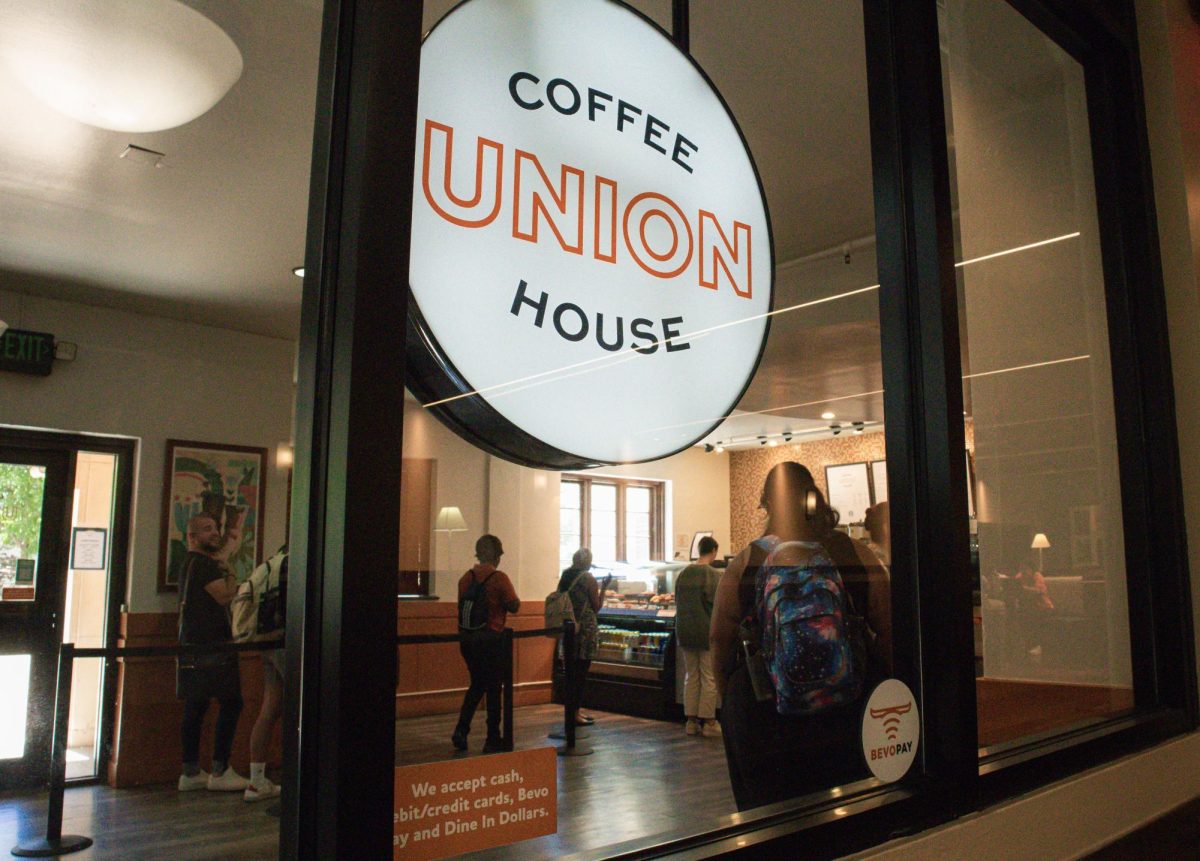WASHINGTON — Thousands of Japanese-Americans who fought in the fiercest battles of World War II and became some of the most decorated soldiers in the nation’s history were given an overdue thank-you from their country Wednesday when Congress awarded them its highest civilian honor.
Nearly seven decades after the war’s beginning, Congress awarded three units the Congressional Gold Medal. In all, about 19,000 Japanese-Americans served in the units honored at a ceremony Wednesday: the 100th Infantry Battalion, the 442nd Regimental Combat Team and the Military
Intelligence Service.
“This has been a long journey, but a glorious one,” said Sen. Daniel Inouye, D-Hawaii., who lost his right arm fighting with the 442nd and was one of the honorees Wednesday.
About 1,250 people attended the award ceremony at the Capitol. About a quarter of those present were former soldiers, now in their 80s and 90s. Hiroshi Kaku, originally from Hawaii, served in the 442nd and his older brother, Haruo, served in the 100th. He said he volunteered for the Army because he had something to prove.
“We wanted to show American citizens that we loved our country,” Kaku said. “We were born and raised here.”
After Japan’s attack on Pearl Harbor, Japanese-Americans were viewed with suspicion. Nearly 110,000 were sent to internment camps. Lawson Sakai learned how much the world had changed when he drove with some of his buddies to the local Navy recruiting station and tried to enlist.
While his white friends were quickly accepted, Sakai was considered an “enemy alien” and could not join.
Sakai then watched as the FBI rounded up Japanese-American leaders in Los Angeles. When the federal government authorized the relocation of people with Japanese ancestry, a sister and some of his friends were sent to internment camps.
“We were blackballed,” Sakai said. “Basically, they took away our citizenship.”
Sakai’s story is similar to thousands of other “Nisei,” or second-generation Japanese-Americans.
Even as they fought in Europe, many Japanese-American troops had family members who would spend much of the war in U.S. internment camps.
Sakai served in the 442nd, which consisted of volunteers, about two-thirds from Hawaii and the rest from the mainland. The 442nd experienced some of the most horrific fighting in Europe and became the most decorated unit in U.S. military history for its size and length of service. In just 10 months of combat, more than 700 were killed or listed as missing in action.
Sakai, 88, was wounded four times and received a Bronze Star and Purple Heart. He said the years following the war were difficult and that he often drank to deal with his memories. Now, he said, he’s able to take pride in his peers’ accomplishments and the subsequent congressional recognition.
“We certainly deserved the record that we produced. It was done by shedding a lot of blood. As far as I know, we didn’t give up an inch of ground. We were always attacking and the Germans were always on the higher ground,” he said.
The 442nd fought in eight major campaigns in Italy, France and Germany. One of the units attached to the 442nd was the 100th Infantry Battalion, which was comprised exclusively of Japanese-Americans from Hawaii who had been drafted prior to Pearl Harbor. They received the nickname the Purple Heart Battalion because of the tremendous number of casualties they endured.
While undergoing training, Susumu Ito would visit his parents and two sisters 200 miles away at the Rohwer Internment Camp in Arkansas. Despite the injustice of being forced to relocate from Stockton, Calif., Ito said, his parents took great pride in their son fighting for the U.S. military.
However, he ignored his mother’s request in her weekly letters to avoid hazardous duty. He said he wanted to be on the front lines, as did his peers.
Inouye was the final speaker. He already received the nation’s highest medal for valor, the Medal of Honor. He described the latest honor as heartwarming.
“More importantly, I’m certain those who are resting in cemeteries are pleased with this day,” he said.
Printed on Thursday, November 3, 2011 as: Congress honors Japanese-American WWII veterans














